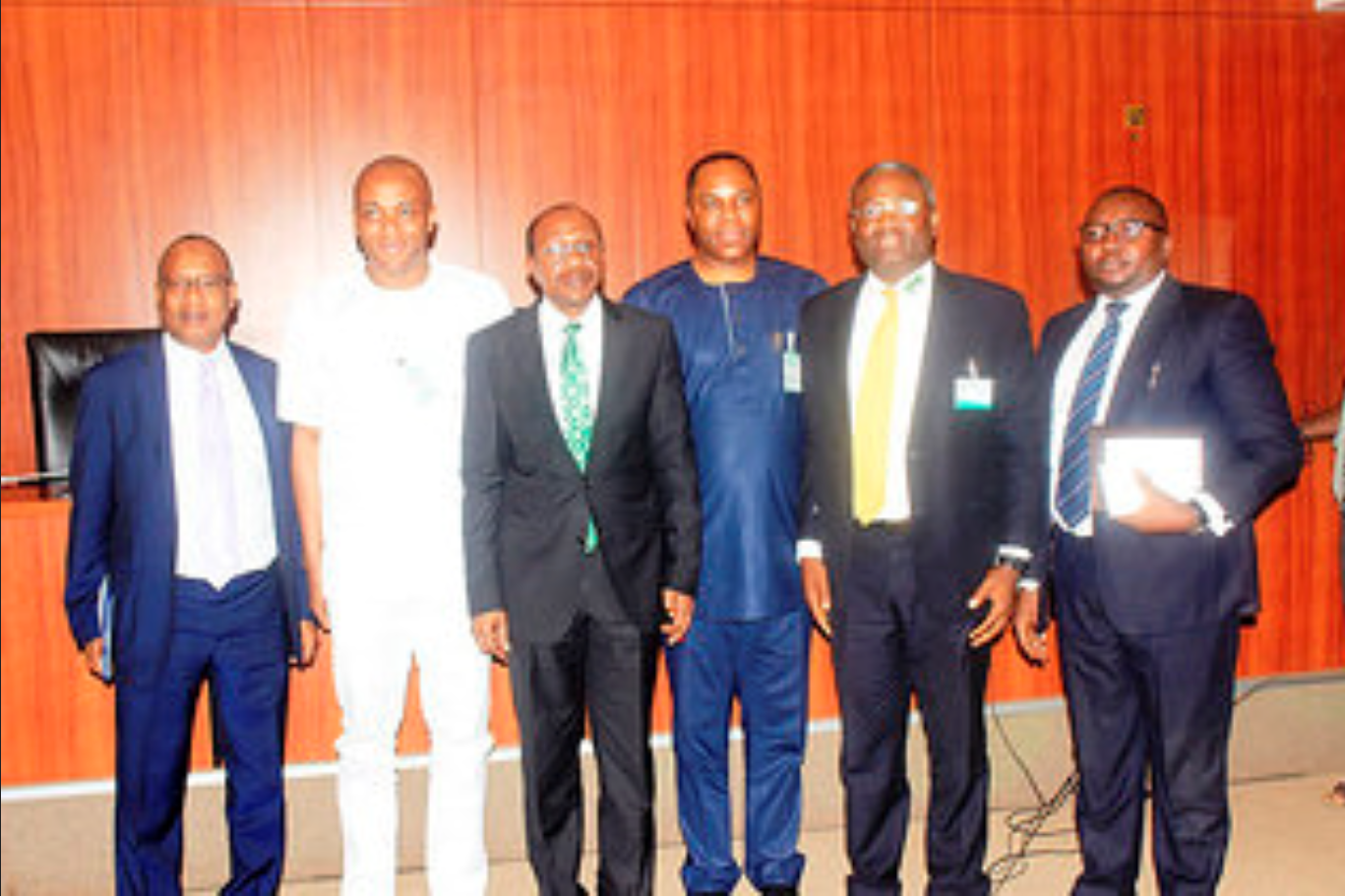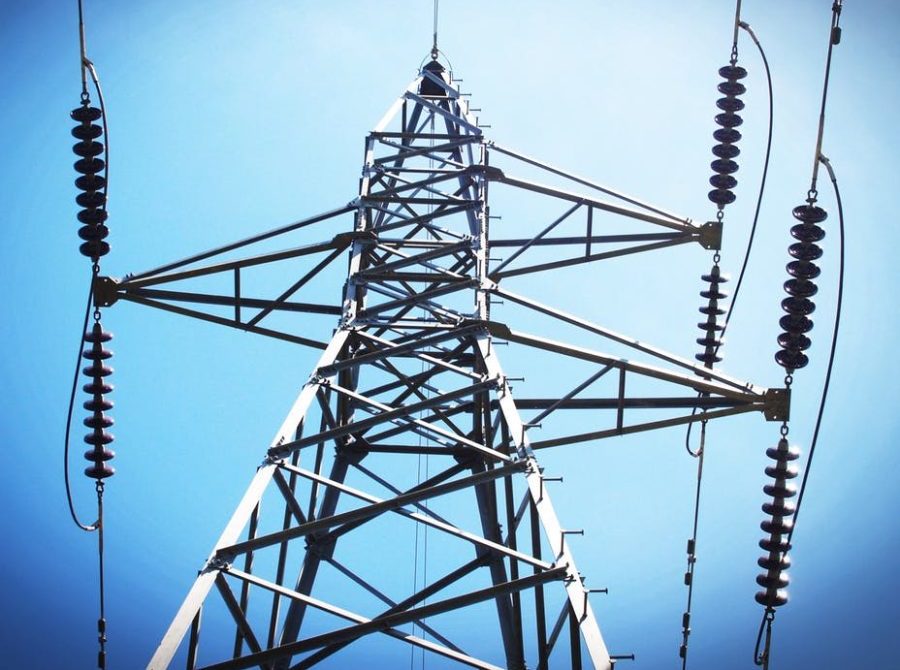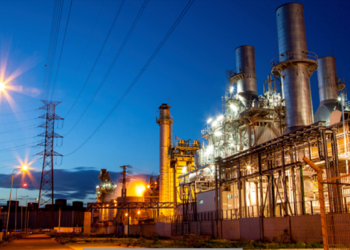The Central Bank of Nigeria recently dished out loans to Power Generation (Gencos) and Distribution (Discos) companies in the past two weeks. The Central Bank of Nigeria (CBN) has disbursed a total sum of N18.26 Billion to the first batch of beneficiaries of the N 213 Billion Nigeria Electricity Market Stabilization Facility (NEMSF). Barely a week after it disbursed, the Central Bank on Wednesday, February 11, 2015, disbursed another sum of N39.53 billion to the second batch of beneficiaries.
Jebba Hydroelectricity Plc; Kainji Hydroelectricity Plc; and Shiroro Hydroelectricity Plc were in the first batch whilst Eko Electricity Distribution Company; Ibadan Electricity Distribution Company were in the second. But you maybe wondering why the CBN is dishing out these loans just under two years after the government sold the power assets to the private sector. As the article below explains, these loans were granted as a substitute for subsidies which the power companies would have been entitled to due to energy losses arising from poor transmission networks they rely on as well as poor distribution network (associated with high energy losses) inherited from the government after the sale. Typically, when the transmission company evacuates power from Gencos it passes through their power lines. Unfortunately, most of the energy is lost because of poor infrastructure thus representing lost revenue for the Gencos and Discos. Here is how Guardian explained it;
THE Director General of the Bureau of Public Enterprises (BPE), Benjamin Ezra Dikki, has clarified that the N213 billion intervention fund recently released by the Central Bank of Nigeria (CBN) to power generation and distribution companies in the country is not a grant but revenue accruing to the companies.
Answering questions from callers on the Review Session of Reform Nigeria—a sponsored programme of the BPE on WE Radio (FM106.3), Dikki said that from conception of the power sector reforms in Nigeria, it was calculated that 40 to 60 per cent of power generated was lost due to technical faults and inefficiencies in transmission and distribution, occasioned by inadequate investment and poor maintenance culture.
According to him, “these losses that no private sector investor will bear were made good by government via subsidies over an initial three-year period, to give private sector investors time to make the necessary investments to improve the distribution network. Due to revenue challenges, the government could not meet the obligation, hence, the CBN decided to intervene and grant a loan to the power sector market.”
He said the fund is a loan to the power market to enable investors to improve infrastructure. “The CBN, BPE and the Nigerian Electricity Regulatory Commission (NERC) would monitor the utilization to ensure that the power infrastructure improvement was achieved within the next five years, and that the loan is repayable by the market over a period of ten years.”
The DG noted that the greatest challenge facing power generation in the country is gas, adding that previous administrations did not make investment in gas infrastructure until the Goodluck Jonathan’s administration came to salvage the situation.
“In the years gone by, no appropriate attention was given to the issue of gas supply to the power generation companies. No previous government prioritized the piping of gas to the generation companies— hence the situation we find ourselves now. Guardian



















